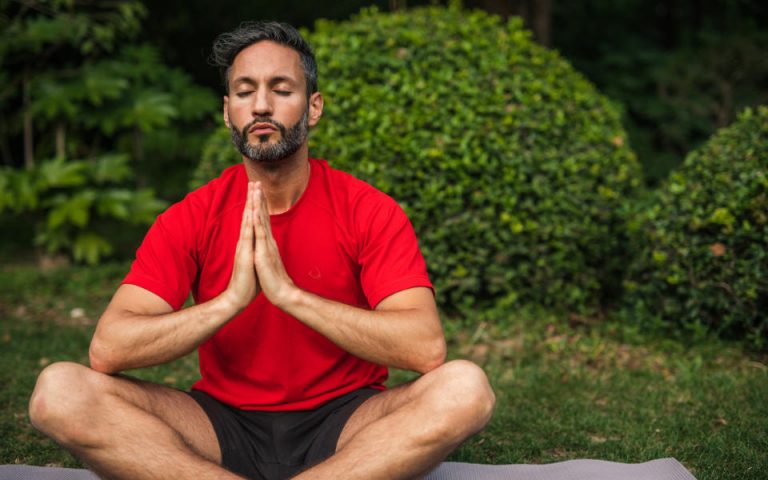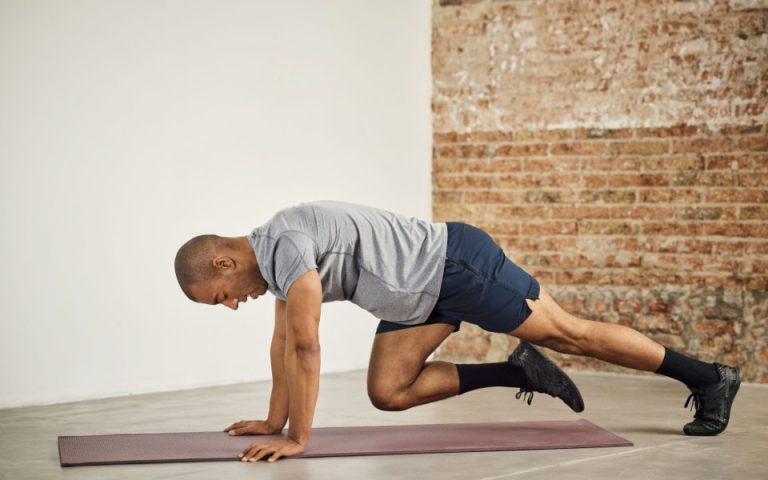Exercise comes with numerous benefits. Not only does it help tone and shape your body, but it can also help enhance your mental health and fitness. Regular workouts can also help reduce your risk of heart disease, diabetes, and cancer, allowing you to live a longer, better life.
Just as important as exercise are the foods that you eat before and after a workout. Not only will these help provide an energy boost, certain fares can help you lose weight and build muscle as well. If you want to make the most out of your routines, then you need to take note of these best foods for workout regimens.
The Best Foods to Eat Before a Workout
Eating before exercising will give you more energy for a workout. However, you shouldn’t eat too closely to your workout time.
According to the Mayo Clinic, you must consume food at 1 to 3 hours before your workout. Of course, it is best to keep your pre-workout portions to a minimum. This will give your stomach ample time to digest your food, so you get that much-needed strength for intense training.
Here is a list of the best pre-workout food, categorized according to your desired goals:
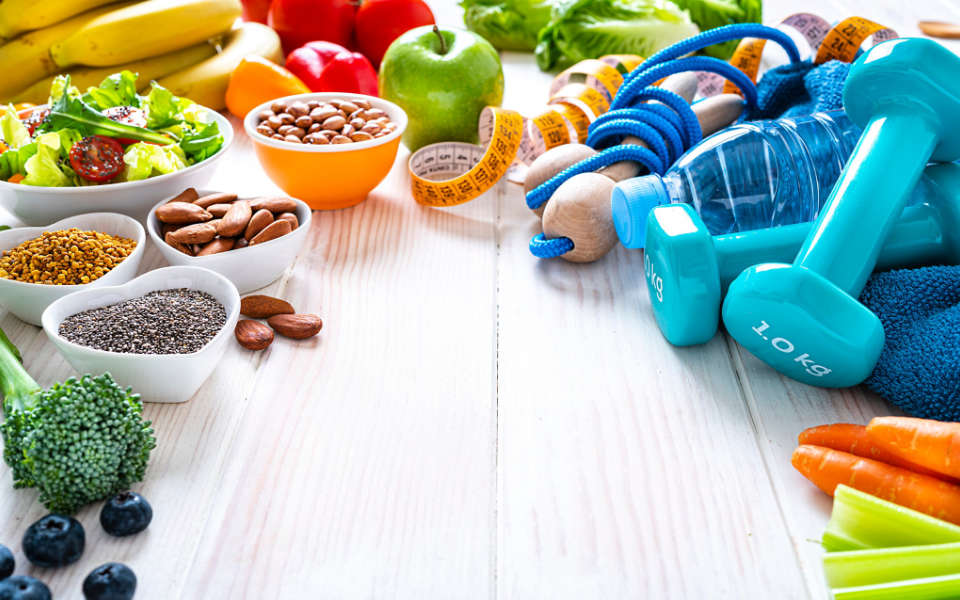
1. What to eat before a workout to lose weight
Fact: some foods and beverages can help your body burn more fat. If you want to lose weight more efficiently, then you need to eat these foods before exercising.
a) Salmon
Salmon is good food for workout enthusiasts. This fatty fish is not only filling, it is rich in beneficial Omega-3 fatty acids as well. While it is low in calories (155) and fat (7), it is very rich in protein content.
b) Walnuts
Looking for a pre-workout snack that you can eat on the go? Then you need to stock your gym bag with small packets of walnuts. These fares are heart-healthy, as they can help lower the bad cholesterol (LDL) levels in the body. As a bonus, experts believe that it may help stimulate fat loss as well.
c) Avocado
If you want to eat guacamole or avocado toast, then, by all means, do! After all, avocados are beneficial for your shape. According to a study, eating avocados regularly may help reduce weight gain. As a bonus, avocados are also rich in monounsaturated fats that help lower the risk of heart disease.
d) Berries
Snacking on berries is a good and delicious way to get pumped up for your workout. You can opt for blueberries, blackberries, or a combination of both. These fruits are rich in essential nutrients such as Potassium and Vitamin C, yet they are very low in calorie content.
e) Full-fat Greek Yoghurt
Greek yoghurt is an excellent source of protein, with one serving containing as much as 20 grams. It’s also rich in conjugated linoleic acid, which, according to studies, may help in reducing overall body weight.
f) Green Tea
Drinking green tea regularly can help reduce your risk of cancer and heart disease. It is also rich in antioxidants, which may help delay the signs of ageing.
With the help of exercise, green tea may help burn excess fats as well. According to a study, its catechin content is potent enough to decrease abdominal fat.
g) Apple Cider Vinegar
While water is good by itself, it can be better if you add 1 to 2 tablespoons of Apple Cider Vinegar to every cup. According to research, this drink can help you trim your abdominal fats.
As an added bonus, you can also use Apple Cider Vinegar to create tasty post-workout recipes.
2. What to eat before a workout to build muscle
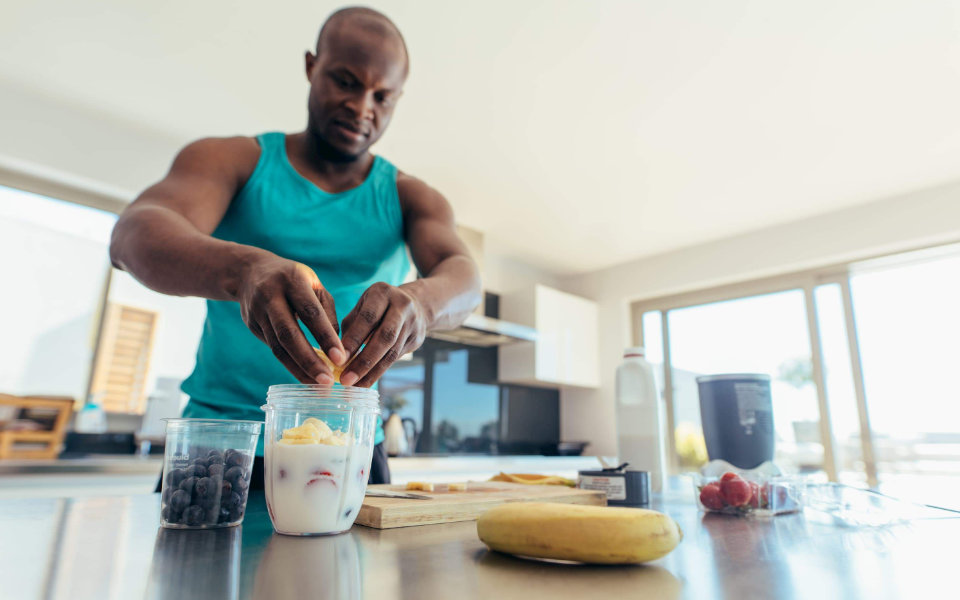
If your main goal is to strengthen your muscles – and build some more – then you need to eat protein-rich food for pre-workout purposes. For one, protein helps ‘repair’ the fibres after an intense session of weight training. As such, these fares can help make your muscles stronger – and bigger as well.
a) Turkey slice
A free-range turkey slice is a lean meat source that contains a good deal of protein. To wit, there are 23.7 grams of protein for every 100-gram serving. It is also rich in Vitamin B6, which can help reduce inflammation in sore muscles.
b) Crackers
With as much as 7 grams of protein per serving, crackers can help your muscles sustain a rough round of exercise. What’s great about this is that it’s light on the stomach, which is good if you don’t want to feel bloated during your workout.
c) Hard-boiled egg
One hard-boiled egg contains 6 grams of lean protein, which can help add to muscle power. It is also rich in other important nutrients, including Vitamin D, calcium, and zinc. You can eat this as it is, though you can add this to a turkey sandwich if you wish.
d) Trail mix
Trail mix is a tasty snack that’s good for your muscles. For one, it contains 14 grams of protein per 100 grams of serving. It is also brimming with iron, which helps make the muscles function properly. Because it’s very handy, you can eat it anywhere – even as you are driving towards the gym.
e) Soy milk
Instead of opting for energy drinks, a better option before a workout is soy milk. It’s low in calories and contains as much as 3.3 grams of protein in every serving. It is also rich in magnesium, which may help boost your exercise performance.
3. What to eat before a workout for added energy
Maybe you haven’t slept well the night before. Maybe work has drained much from you. Even if you don’t have much energy for exercise, you can still complete your daily workouts. All you just need to do is eat these foods, which can provide you with that much-needed energy in no time:
a) Fruit and yoghurt smoothie
You may not be a breakfast person, but it’s not an excuse to not eat anything before working out. You need to have an energy boost, which a fruit and yoghurt smoothie can give you. For best results, make one on your own, as commercial preparations are usually high in sugar.
b) Granola bar
With its high protein content, granola bars can help your muscles perform well during workouts. While it may be tempting to buy ready-made bars, these products are usually high in sugar. If you can, it’s best if you make your granola bar recipe at home.
c) Oatmeal
If you like exercising in the morning, then you should have oatmeal for breakfast. It is rich in fibre, which helps maintain adequate blood sugar levels in the body. To get that much-needed protein, you can make it with grass-fed milk.
d) Rice cake
Rice cake is a good energy booster for people on the go. It is undoubtedly good for the muscles, with each serving containing 8 grams of protein. It is also loaded with potassium, which helps regulate proper muscle function.
e) Peanut butter sandwich
One of the best foods for pre-workout energy is a peanut butter sandwich. PB is not only full of protein, it can make you feel full as well.
What Not to Eat Before a Workout
While there are foods that can help boost your energy and endurance before a workout, there are some that can affect your performance. Unless you want to feel sluggish – or suffering from an upset stomach – then you should avoid these fares before exercising:
1. High-fibre vegetables
Vegetables are generally good for health, but it’s best if you don’t eat them before working out. Cauliflower, broccoli, Brussels sprouts and the like are rich in fibre. While they help facilitate normal bowel movements, they can be hard to digest. As such, eating these veggies can make you feel uncomfortable while exercising.
2. Flaxseed
Flaxseeds, which are rich in fibre, are very useful against constipation. They are also known to help lower blood sugar and cholesterol. While these feats are all impressive, they aren’t needed for your workout. Like veggies, flaxseeds contain hard-to-digest fibre. As such, they could upset your stomach during exercise.
3. Red meats
Organic grass-fed meats are rich in protein. However, the body finds it hard to convert such meat fats into energy. As such, eating any of these can make you feel tired – even if you have not started with your workout yet!
4. Energy drinks
These drinks are rich in caffeine, which can give you the energy boost that you need. However, caffeine can be very dehydrating, and as such can take a toll on your exercise performance. To make matters worse, they can make you feel jittery – which is dangerous if you plan on bench-pressing some heavy weights.
5. Soda
Soda is not a good beverage, whether it’s before or after a workout. It is devoid of nutrients, while full of fatty sugar. It can give you a short energy burst, which dissipates as quickly as it arrives.
What is the Best Food to Eat After a Workout?
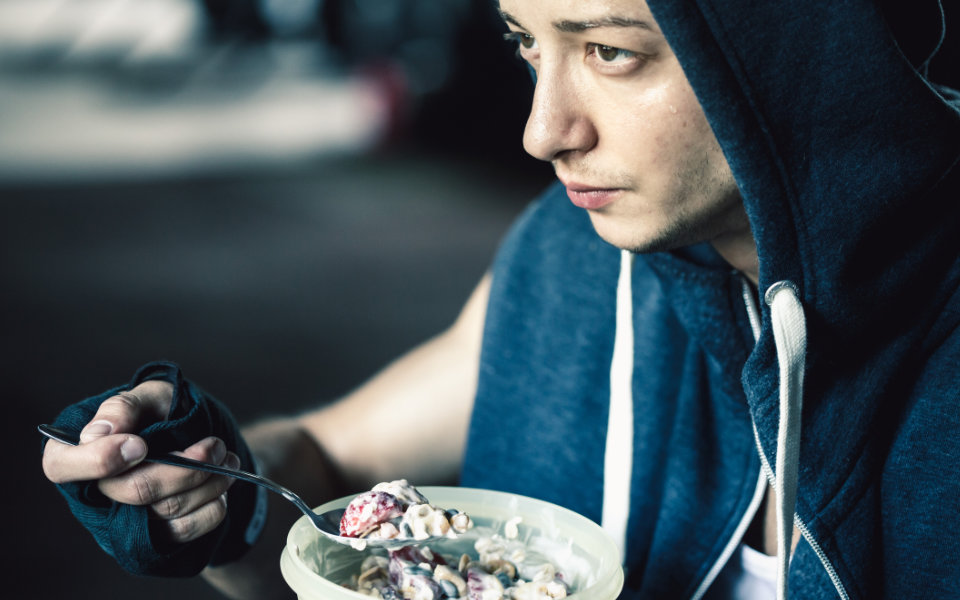
Congratulations on powering through that intense workout! While you may be tempted to chomp on everything that’s in your way, it’s not the best way to do so. Eating the wrong post-workout food will render your efforts useless.
Remember, your metabolism remains up and running after a workout. As such, you need to take advantage of this if you want to burn fats continuously. To make the most of your high metabolism, you need to focus on this list of foods to eat after a workout:
1. Fish
Fatty fishes such as salmon, tuna, and sardines are good foods for workout recovery. They are rich in Omega-3 fatty acids, which can help ease post-exercise muscle soreness. These fatty acids can also help reduce blood pressure and cholesterol, which make these fishes perfect for the heart.
2. Chicken
Free-range chicken meat is one of the best foods to eat after a workout. For one, a serving contains 27 grams – at just 142 calories. As such, it can help you lose weight – and repair your muscles all at the same time.
3. Quinoa
Instead of wheat, set your sights on organic quinoa, which is good food for after workouts. After all, a cup of cooked quinoa contains 8 grams of protein. It is also rich in various amino acids that your muscles need for instant recovery.
4. Brown rice
Brown rice is a healthy source of carbohydrates (46 grams per serving) can help replace the energy that you have just expended in your workout. It’s a good complement for fatty fish or chicken, especially if you want to eat post-workout food for weight loss.
5. Eggs
Organic free-range eggs make for the best post-workout meals for muscle gain. As mentioned, it is rich in protein, which can help repair the muscle fibres after an intense workout session. It also goes well with most food, and as such you can add it to compliment the other fares in this list.
6. Chickpeas
Fibre-rich food is not advisable before a workout, but it’s perfect to eat after intensive training. This is where organic chickpeas come in. They are low in calories, and teeming with muscle-friendly nutrients such as iron, phosphorous, and copper. If you want some crunch, why not go ahead and make a good batch of roasted chickpeas?
7. Nuts
Are you looking for a healthy yet filling post-workout snack? If yes, then you need to stock up on the healthiest nuts, specifically the healthier options. These include walnuts, almonds, pistachios, cashews, and pecans.
One serving contains as much as 20 grams of protein, which is already 40% of the recommended daily allowance. They are also teeming in magnesium, which your muscle requires for good and efficient recovery.
8. Oatmeal
Oatmeal is a versatile food source that you can eat before and after workouts. With its high protein and carbohydrate content, it can help maintain good muscle energy – even after vigorous exercise. You can make it with banana and chocolate milk – both of which are good post-workout foods.
9. Whole wheat bread
Whole wheat bread contains high-quality carbs that are necessary after exercise. Not only does it help rebuild the muscles, but it also rejuvenates the body for tomorrow’s workout. While you can eat it on its own, you can also use this bread to create a healthy chicken sandwich.
10. Tofu
Protein is necessary for muscle health, and as such, it is the best post-workout meal for muscle gain. One of the healthiest sources is tofu, which also contains calcium, iron, magnesium, and Vitamin A. You can bake it, stir-fry it, and eat it whichever way you like.
11. Black beans
If you are looking for a vegan source of post-workout protein, then organic black beans should be your top choice. It is also good at promoting weight loss, given its high content of stomach-fulfilling fibre. It’s also easy to prepare, with some recipes only taking 5 minutes of cooking time.
12. Banana
If you are looking for a handy post-workout snack, then an organic banana should be your top choice. For one, it can help replenish your body’s glycogen stores, which are essential for effective muscle repair. It is also rich in potassium, which can help prevent painful muscle cramps.
13. Sweet potatoes
Organic sweet potatoes are teeming with potassium, which can help maintain muscle integrity. They are also rich in carotenoids, which help in cell repair and the subsequent muscle recovery process. Compared to other carb sources, sweet potatoes are rich in fibre, which can keep you full for most of the day.
14. Chocolate milk
If you are a cocoa lover, then you will be glad to know that chocolate milk works wonders on a post-workout body. This can provide you with essential proteins at a much lower volume, compared to the usual energy drinks. Just make sure to use organic cocoa powder for your drink.
What Not to Eat After a Workout
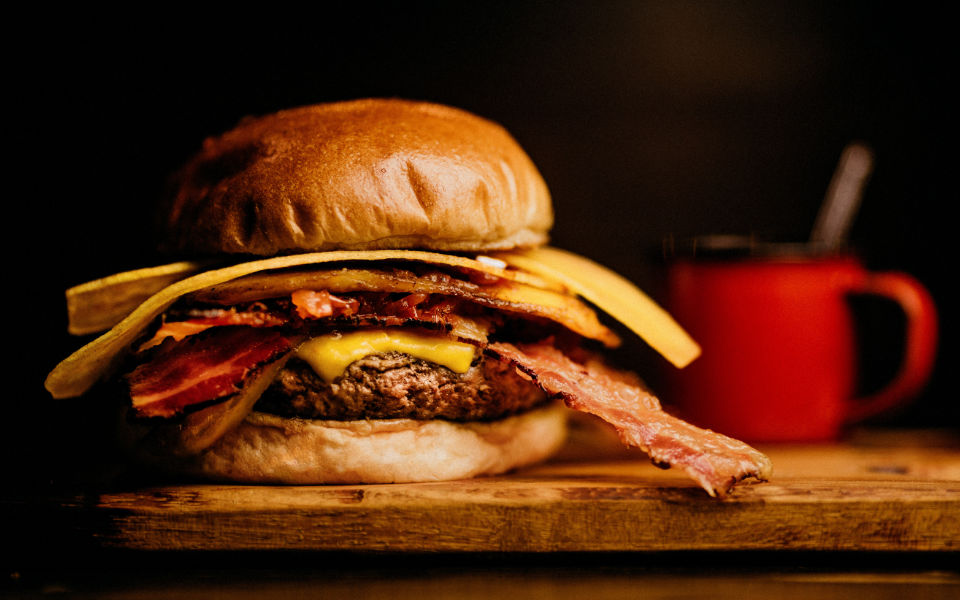
As mentioned, eating after exercise is necessary for the body. These foods can help resupply the body with the calories and the nutrients it needs.
When it comes to post-workout eating, it is important to mind your meals. If not, all your workout efforts would go to waste. As such, you need to distance yourself from these bad post-workout foods:
1. Fast food
Even if you don’t have time to make decent post-workout food for weight loss, fast food should never be the answer to your hunger. Burgers, hotdogs, and fries are rich in fats and sugars that will cancel out all the calories you have just burned.
2. Salty foods
You might find yourself craving for chips after a workout. It’s perfectly normal, as it’s the body’s way of replenishing all the sodium and potassium it has lost in sweat. However, these contain unhealthy fats that may be more than the calories you have just expended.
3. Caffeinated drinks
An intense workout can dehydrate you. As such, you should lay off caffeine as they can remove the little water you have in the body. Opt for healthier drinks, such as water and soy milk.
4. Post workout shakes
While not all post-workout shakes are bad for you, some formulations can do more harm than good. If you don’t want your exercise efforts to go to waste, then you should avoid shakes that are made with artificial sweeteners, fillers, and bulking agents.
5. Sports Drinks
Unless you just ran a marathon, there is no need for you to consume a sports drink. These beverages are usually made with a lot of sugar, which can effectively cancel out all the calories you have just burned. Again, water and soy milk prove to be healthier choices.
Water for Your Workout
Apart from eating before exercise or after a workout, another thing you should consume is copious amounts of water.
1. Before exercise
According to dietitians, it is best to drink two cups of water before a workout. This should be followed by another cup 10 to 20 minutes before you start with your regimen.
2. During exercise
Maintaining good hydration is vital, especially if you are in the midst of a workout. It is best to drink a cup of water every 15 to 30 minutes, especially if you are sweating profusely or exercising in a hot environment (say Bikram Yoga).
3. After exercise
Again, you need to keep good hydration even when your workout is done. How much you need to drink should depend on the factors in play, such as the length and intensity of your exercise and the environment you were in.
But if you want to be technically sure, experts recommend drinking 16 ounces of water for every pound you lose. The best way to determine this is to weigh yourself before and after every workout.
Why It’s Bad to Skip Meals Before and After Workouts
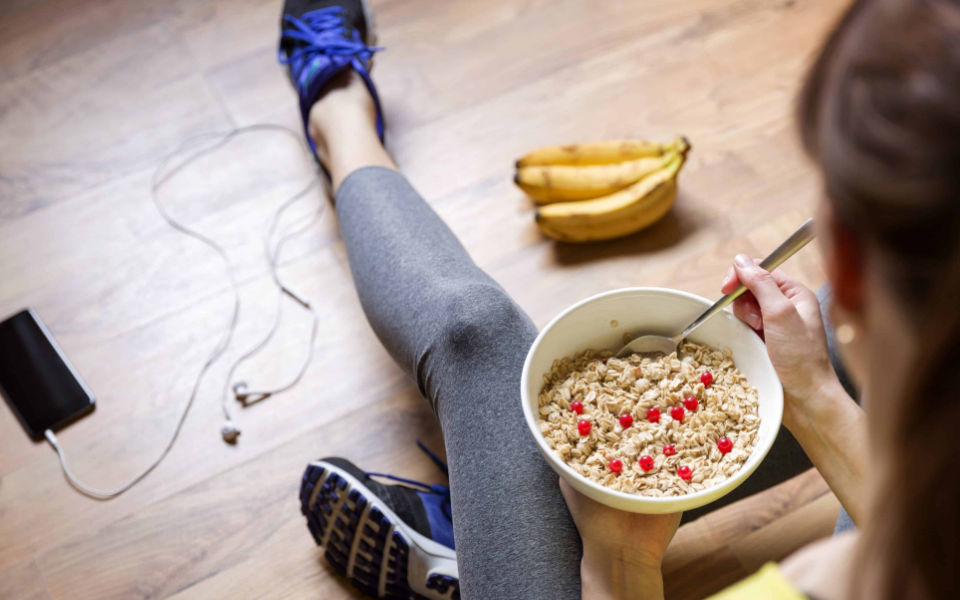
Food and workout plans go hand in hand. As such, you must eat the best foods for workouts, like those that were previously mentioned. After all, these are rich in carbohydrates that can help boost your performance. They also help improve exercise endurance – which is important if you are planning on doing an intense regimen.
The same can be said when it comes to eating after exercise. You need to replenish your depleted energy stores, which you can do so by eating the above-mentioned best foods for post-workout. They too are rich in protein and carbohydrates, which are essential for generating energy – and repairing your tired, worn-out muscles.
Conclusion
Eating before exercise or after a workout is necessary for the body. It can help provide the needed energy, and the nutrients necessary for muscle recovery.
There are different types of food for pre-workout. Some can help you lose weight, including salmon, avocados, and berries. Turkey slices, soy milk, and eggs, on the other hand, can help you build muscle. For a boost of energy, oatmeal, rice cakes, and granola bars can come in handy.
While there are good foods to consume, there are some that need to be avoided. They include red meats, flaxseeds, and energy drinks.
As for eating after exercise, the best options include fish, chicken, quinoa, brown rice, free-range eggs, and nuts, to name a few. Fast food and salty fares, on the other hand, should be avoided after a workout (and for most of the time).
Like food, water is necessary before, during, and after a workout. It’s is best to drink one to two cups before a workout, with an additional cup every 15 to 30 minutes while exercising. After a workout, you need to drink 16 ounces of water for every pound you lost.
Contrary to popular beliefs, it is not recommended to skip meals before and after a workout. Not only do they help supply the energy that you need, but these foods foster immediate muscle recovery as well.
